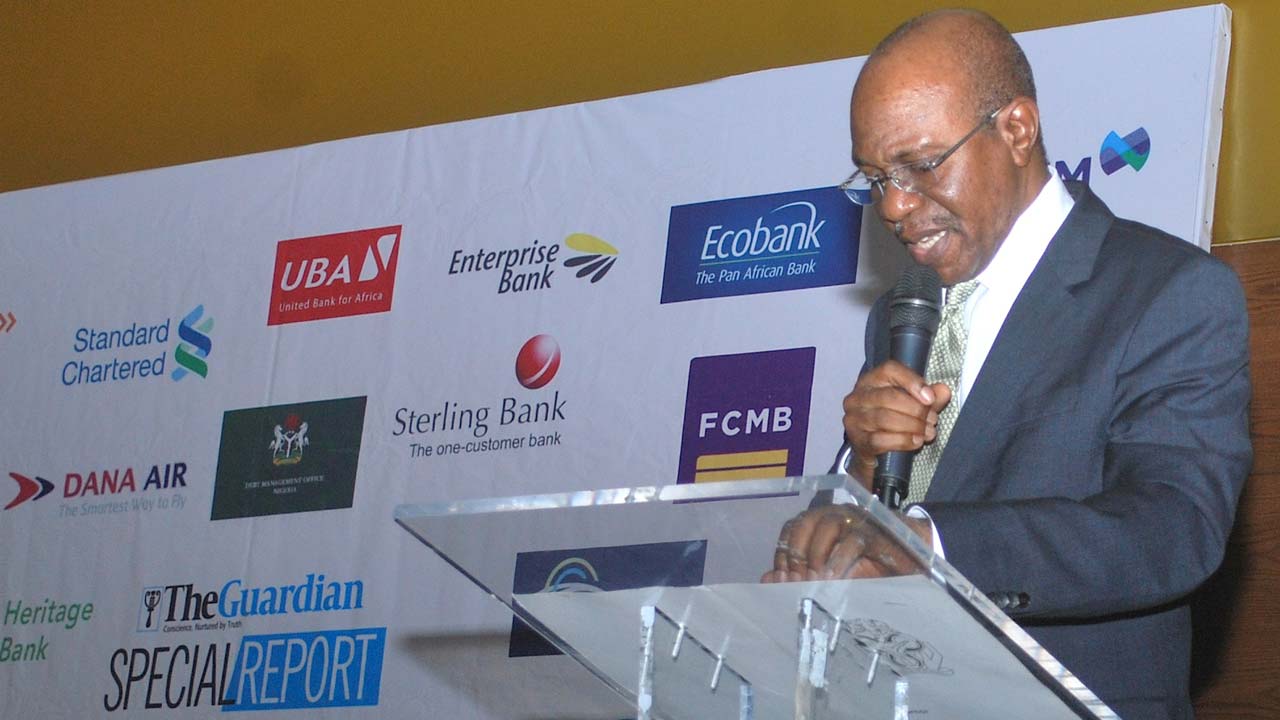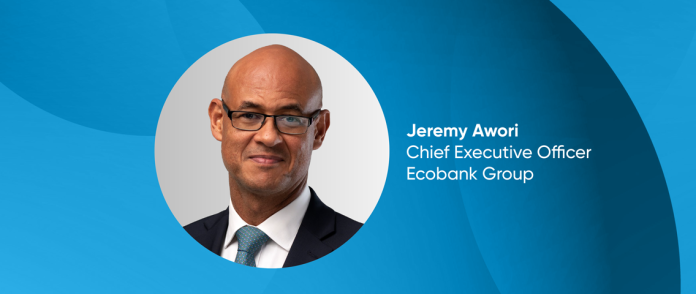The Governor of the Central Bank of Nigeria (CBN), Godwin Emefiele, has warned operators in the nation’s banking system that Financial Technology (Fintech) in the industry has come to stay
He said the rapid growth in FinTech is not only disrupting conventional banking models, but is advancing positive narratives in opening up new possibilities for designing and distributing financial services.
Emefiele, who spoke weekend at the 19th edition of the National Seminar on Banking and Allied Matters for Judges, organised by the Chartered Institute of Bankers of Nigeria (CIBN), in Abuja, averred that “Technological progress spurred by the widespread availability of ICT infrastructure is a key driving factor which has opened up a whole new vista in the provisions of unique access points for financial services whilst driving down the cost of delivering the services.
“Application Programming Interfaces (APIs), and mobile devices, which have become a key aspect of consumers’ daily lives globally with their greater functionality like cloud computing, have offered advantages such as economies of scale, flexibility, operational efficiencies and cost-effectiveness.
“Digitisation has also spurred consumers’ increased demand for improved and more convenient experiences across the services that they use and demographic factors such as the growing financial influence of younger generation aptly referred to as digital natives are driving demand.
“Digital finance can deliver enormous benefits, not just for the payments system but also for the financial wellbeing of the citizenry and the economy at large. It improves competition, increases efficiency and revolutionises financial services.”
Emefiele further added that even though innovations and digitisation of financial services bring tremendous gains to consumers and the financial system at large, they also pose significant risks for the industry and customers after all.
However, he was quick to argue that the risk and damage caused by successful cyber attacks extend beyond financial losses to undermined trust in the financial system that may impair the benefits reaped from the advent of digital technology, saying that failure to effectively address cyber risks may cause the system-wide crisis.
Earlier in his address, President and Chairman of Council, Chartered Institute of Bankers of Nigeria (CIBN), Uche lowu, noted that the digital disruption, with the wider and far-reaching potential impact on every facet of economic life especially in the financial services sector, is a growing source of anxiety to all stakeholders.
Olowu maintained that new digital modes and channels of service delivery in the sector come with an unprecedented legal and ethical risks as well as communication, which outpaces the ability of social, economic, and legal frameworks to keep pace with it and thereby falling foul of the law.
His words: “The global emergence of technology and digital-driven initiatives such as crypto-currency, AI, blockchain, and open banking, aimed at customer incentivisation and efficiency has enlarged the scope of rendering financial services beyond the traditional model and is creating opportunities for non- bank organisations to offer financial services with fewer regulations.









